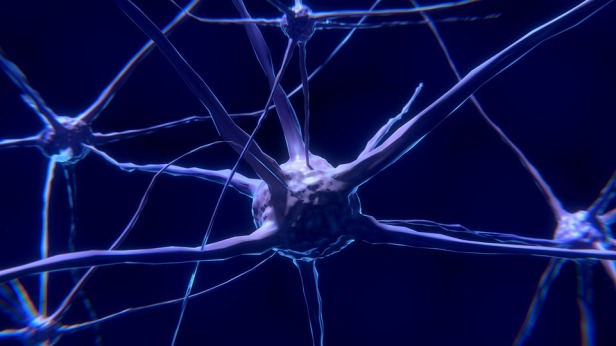
The brain of a sleep-deprived person is imbued with excess of two proteins that are substantially associated with Alzheimer’s disease.
According to the study published in the journal Science, a protein called tau is found in excess in the fluid that fills the brain and spinal cord of individuals with chronic sleep deprivation. The protein also drives neuron degeneration, and during Alzheimer’s, it scatters throughout the brain.
Similarly, sleep deprivation also induces accumulation of protein called amyloid-beta – a chunk of which dots the brains of Alzheimer’s patients.
In the study, researchers went over the samples of cerebrospinal fluid of eight adult participants who were sleep-deprived for nearly 36 hours. They found 51.5 percent increase in their tau levels. Similarly, mice that were rob of sleep were found to have twice the level of tau compared to well-rested ones.
Another study also reported that the lack of sleep to be the legitimate cause of increased level of A-beta in the cerebrospinal fluid, and if preceded by a week of poor sleep, the levels of tau also increased.
Since lack of sleep increases the levels of tau and A-beta in the brain, it appears that the only way to curtail the risk of developing Alzheimer’s symptom is to treat sleep disorders during mid-life and get good amount of sleep as much as possible. Proper sleep helps our brain get rid of excess proteins and other unnecessary stuffs, so getting less sleep means that wash cycle is disturbed.
References:
- Lack of sleep is tied to increases in two Alzheimer’s proteins (Science News)
- The sleep-wake cycle regulates brain interstitial fluid tau in mice and CSF tau in humans (Science)
- Association of Excessive Daytime Sleepiness With Longitudinal β-Amyloid Accumulation in Elderly Persons Without Dementia (Jama Neurology)

I find this article really helpful and it’s sad to think they sometimes I may be a candidate for sleeplessness… 😞
I happen to have a write-up about this, too; but haven’t published. I’d like to share yours one time as it’s very informative. Thanks!
LikeLike
Can’t wait to read it! 🙂
LikeLike
Charlee: “Sleep deprivation?”
Chaplin: “Being cats, we have no idea what that even means.”
LikeLike
Cats are weird! I have 6 cats!
LikeLike
Great Article, I will share this!
LikeLike
Thank you!
LikeLike
You are so welcome!
LikeLike
What a dreadful illness and cancer too. Watching loved ones evaporate mentally or physically challenges all our plausibility structures about a just and loving God. Have six friends that will not last through 2019 and take my own PET scan this afternoon. Makes me angry and resentful.
LikeLike
Tragedy comes uninvited.
LikeLike
I think it could definitely be a contributing factor. What do you think of the recent gum infection theory that also came out recently? — YUR
LikeLike
Great information
LikeLike